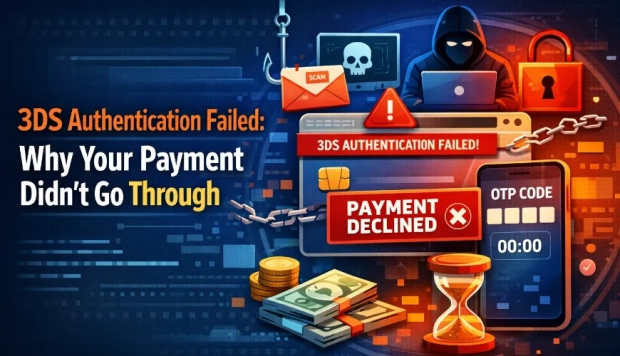6 Common Misconceptions About Starting a Franchise Business

Starting a franchise can seem like an appealing opportunity for many aspiring entrepreneurs. They provide a form of business with significant support, a recognized brand name, and defined operational frameworks. The allure can sometimes be shrouded in misconceptions that can deter people from pursuing this business model. Understanding the truth behind these myths is crucial for anyone considering this path. In this article, we will explore six common misconceptions about starting a franchise business, providing clarity that facilitates informed decision-making for potential franchisees.
Franchise Fees Are All the Same
Many people assume that franchise fees are standard across the board, but in reality, fees can vary considerably depending on the brand and industry. Starting a fast-food franchise may involve higher upfront costs, including equipment, staffing, and real estate, while other models may be more cost-effective. It's important to examine all associated expenses, from initial fees to ongoing royalties and marketing contributions. You can explore franchise.com/franchise/five-guys to see a specific breakdown of what's involved in launching a well-known fast-casual restaurant. Reviewing detailed franchise costs like these helps prospective owners make more informed financial decisions.
Franchising Requires Extensive Business Experience
One of the most prevalent myths about franchising is the belief that you need extensive business experience to succeed. While having a background in business can be beneficial, it's not a strict requirement. Many successful franchisees come from diverse backgrounds, including fields unrelated to business. Franchisors typically provide robust training programs, equipping new franchisees with the necessary skills and knowledge to operate their businesses effectively. Training often covers marketing, operations, and customer service, enabling individuals to thrive even if they are new to the franchise concept.
Franchises Are All the Same
People often think of franchises as a homogenous group, but this assumption couldn't be further from the truth. There is a wide range of franchise opportunities available across various industries, including food and beverage, retail, health and wellness, and more. Each franchise has its unique requirements, operational models, and profitability margins. Opening a fast-food franchise is vastly different from running a service-based franchise. Each franchise model dictates how you operate, meaning that potential franchisees must do their due diligence to find a fit that aligns with their interests and skills. Understanding the diversity among franchises is critical to making an informed choice.
Franchise Ownership Guarantees Success
Another common misconception is the belief that owning a franchise guarantees success. While franchises benefit from brand recognition and proven operational systems, success is not guaranteed. Digital age consumers are highly discerning, and even well-known franchises can face challenges that affect profitability. Factors such as location, management practices, and market demand play significant roles in determining success. While franchises may have a higher success rate than independent startups, it is crucial for potential owners to approach this business opportunity with realistic expectations and an eagerness to adapt to changing market dynamics.
Franchises Offer No Flexibility
People generally perceive franchising as rigid, with no room for creativity or operational flexibility. Many franchises allow franchisees a degree of autonomy to tailor their businesses while adhering to the brand's core guidelines. While franchisors typically provide protocols to maintain brand consistency, franchisees can often make local decisions regarding marketing strategies, staffing, and customer service practices. This flexibility can help franchisees adapt to their specific markets, enhancing their potential for success. Consequently, the misconception that franchises are merely cookie-cutter operations fails to take into account the opportunities for franchisees to imprint their individuality while benefiting from an established brand.
Franchising Is the Best Option for Everyone
There's a common belief that franchising is the ideal business model for everyone interested in entrepreneurship. While it offers numerous advantages, it may not be suitable for everyone. Individuals with an entrepreneurial spirit who desire complete independence in business decisions may find franchising constraining due to its structured nature. Likewise, potential franchisees should consider their financial situation, goals, and market conditions before committing to this model. Though franchising offers a framework for success, it does not guarantee personal satisfaction or fulfillment, making it crucial for each individual to evaluate their entrepreneurial aspirations and align them with the right business approach.
The world of franchising is filled with misconceptions that can lead to misguided conclusions. From the myth that extensive experience is required to the belief that franchise ownership guarantees success, each misunderstanding can impact one's entrepreneurial journey. Franchises are not all the same, fees vary greatly, and many owners find ways to exert creativity. Understanding these nuances can empower aspiring franchisees to make more informed decisions about their business future.



